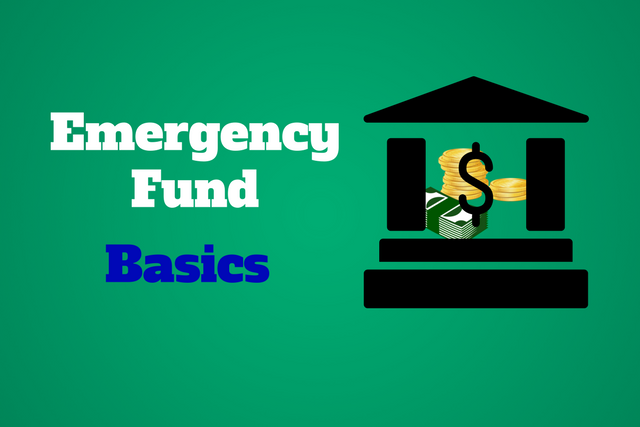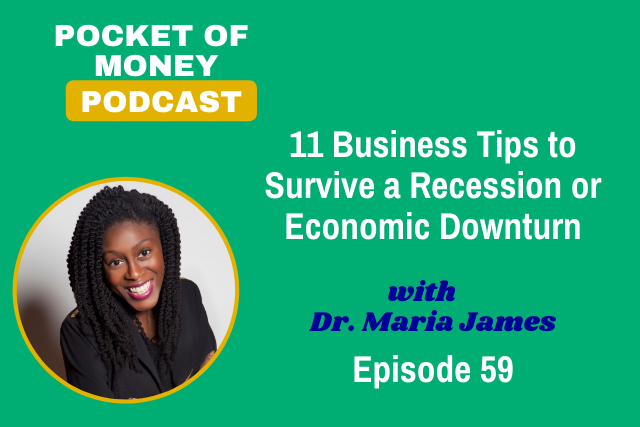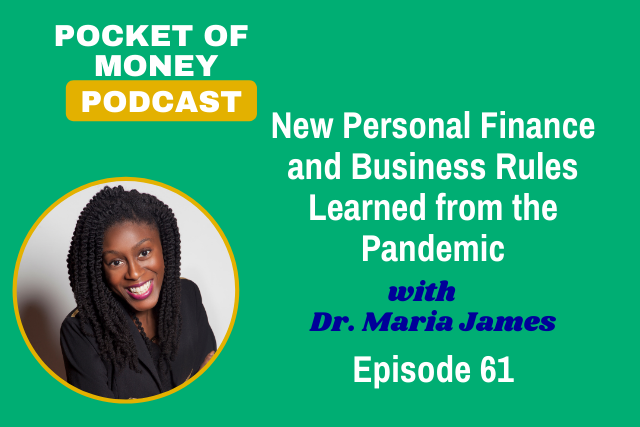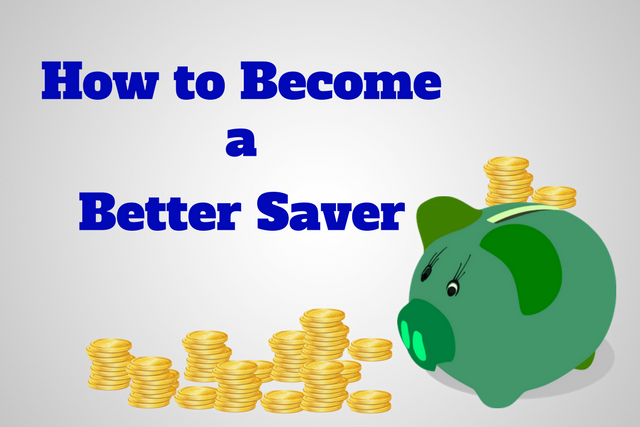Key Things to Do Before Investing
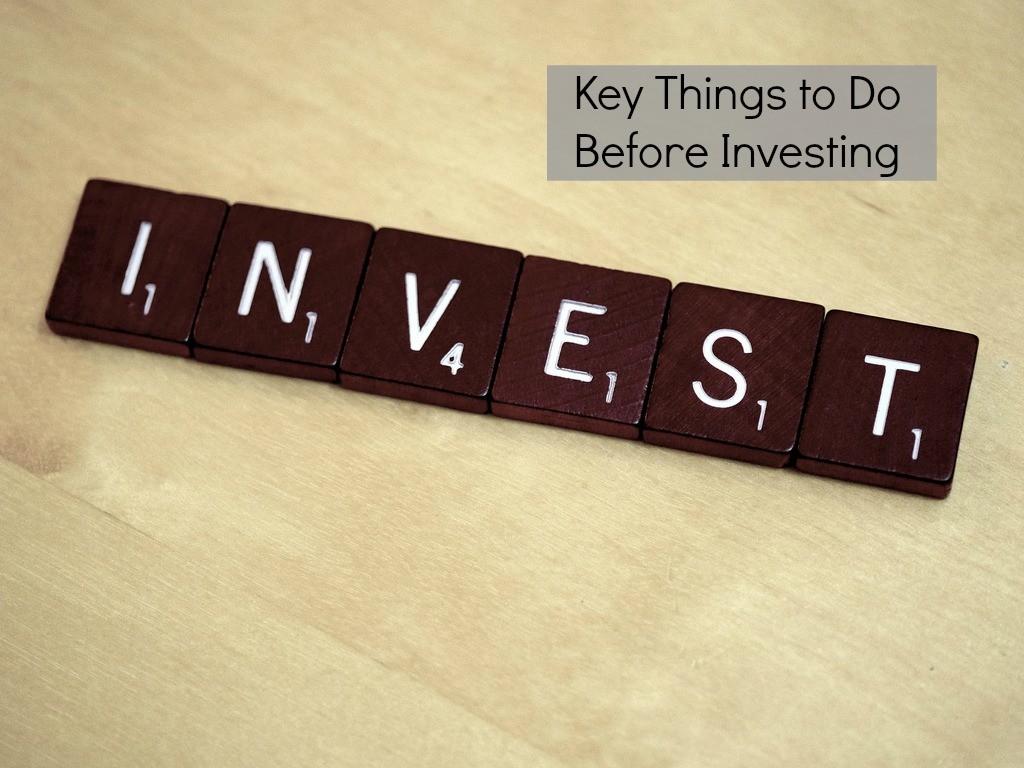
Investing is a great vehicle to make your money work for you, your money goes to work at another company and makes you money (provided the company does well). You can invest yourself or you can get help from a financial planner or advisor. Many don’t have the knowledge, time, and energy to monitor the market, so they hire someone else to do it. Some jump in on their own and do quite well. Whether you’re going to do it yourself or have decided to hire help, do these key things before jumping into investing.
1) LOOK AT YOUR NET WORTH.
Your net worth is your assets minus your liabilities. In other words your cash value minus how much you owe (detailed instructions on how to calculate net worth are provided in the Savings Kit). Your net worth is a great snapshot of your financial health. However, what does it really mean?
How to interpret your net worth:
A) Your net worth is negative or less than half your annual income.
A lot of people are in this same predicament, especially those in their 20s or 30s who used student loans to finance their education. If your net worth is negative or less than half your income then work on paying down your debts. The first step is to determine exactly who you owe and how much you owe them (a debt reduction tool is included in the Savings Kit). Create a budget and cut costs in order to pay down the debt and avoid the debt cycle.
B) Your net worth is equal to or more than half your annual income but less than a few years’ annual income.
If you’re in your 20s or 30s, you’re doing ok. Continue to avoid debt and be sure to save money to put towards retirement and items that you may have not acquired yet such as a home. If you’re 40 or older, you definitely want to jumpstart saving for retirement and consider some investing outside of retirement accounts.
C) Your net worth is more than a few years of annual income.
If you’re in your 20s or 30s, great job! You’re ahead of the majority of people. If you are older, you’re still doing a great job. Continue to invest in your retirement accounts, assess your nest egg number (the amount of money you need to accumulate to live comfortably in retirement) and make sure you’re on track to reach that number. If you’re not on track to reach your nest egg number, make a few tweaks to your financial plan and consider or assess your investment outside of your retirement accounts.
2) PAY OFF HIGH INTEREST CREDIT CARD DEBT.
Yes you can receive 8-12% return on investing; however, you can immediately get 18-30% more money by paying off the balance on credit cards with such high interest rates. If you already have an emergency fund established, it’s worth it to use extra money from your savings account to pay off the balance on your credit card(s). Savings accounts earn 2-3% interest. You’ll save more money by eliminating the 19-30% you are paying on your credit card balance than by earning 2-3% on the savings account. However, do not use your emergency fund! Your emergency fund needs to be easily accessed immediately. It’s not to be used for investing.
Leave your comments below and reach us on Facebook and Twitter.
Photo Credit: Simon Cunningham


